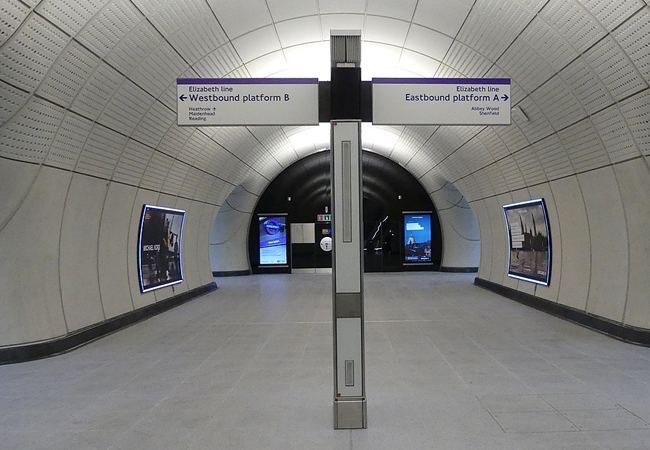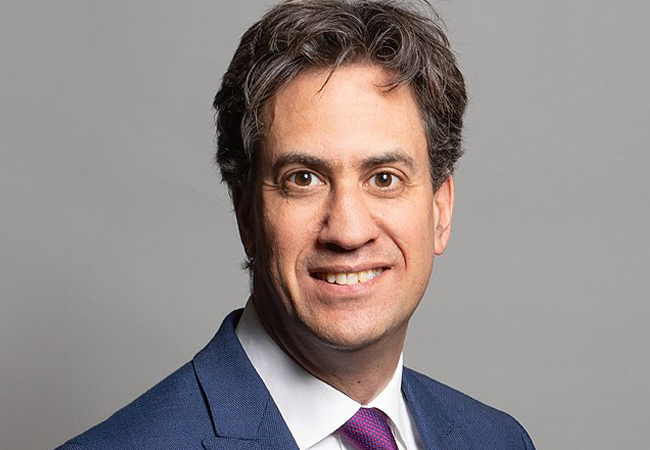The UK government has committed to reducing carbon emissions by 78% by 2035, compared with 1990 levels, as it prepares to host the UN’s COP26 climate summit later this year.
The new target contained in the sixth Carbon Budget is in line with the recommendations made by the Climate Change Committee (CCC). It is a significant increase on the government’s previous position of a 68% reduction by 2030. The target will be enshrined in law by the end of June 2021.
The sixth Carbon Budget limits the volume of greenhouse gases emitted over a five-year period from 2033 to 2037.For the first time, this Carbon Budget will incorporate the UK’s share of international aviation and shipping emissions.
Hitting the target will require significant changes to the way buildings are heated and insulated and is expected to see the government launch a major building retrofit strategy in order to decarbonise the existing building stock.
In the buildings sector, the CCC said opportunities to reduce emissions exist in four main areas: behaviour change, fabric energy efficiency, energy efficiency of lighting and appliances and switching away from fossil-fuel-based heat. The CCC said switching to efficient electric systems now delivers the largest readily available emissions savings, which it said would ‘grow steadily’ as the power sector continues to rapidly decarbonise.
The UK has committed to net-zero emissions by 2050. CIBSE said the government needs to be more ambitious with its Future Buildings Standard plans for the UK to hit this target.




